Some laws make perfect sense in one country but would cause chaos in another. Canada’s reputation for order, regulation, and politeness extends to its national rules, many of which would spark outrage, lawsuits, or total confusion in the United States. The differences come down to culture, federal structure, and politics. Here are 22 Canadian rules that would never work in the U.S.
Official bilingual signage
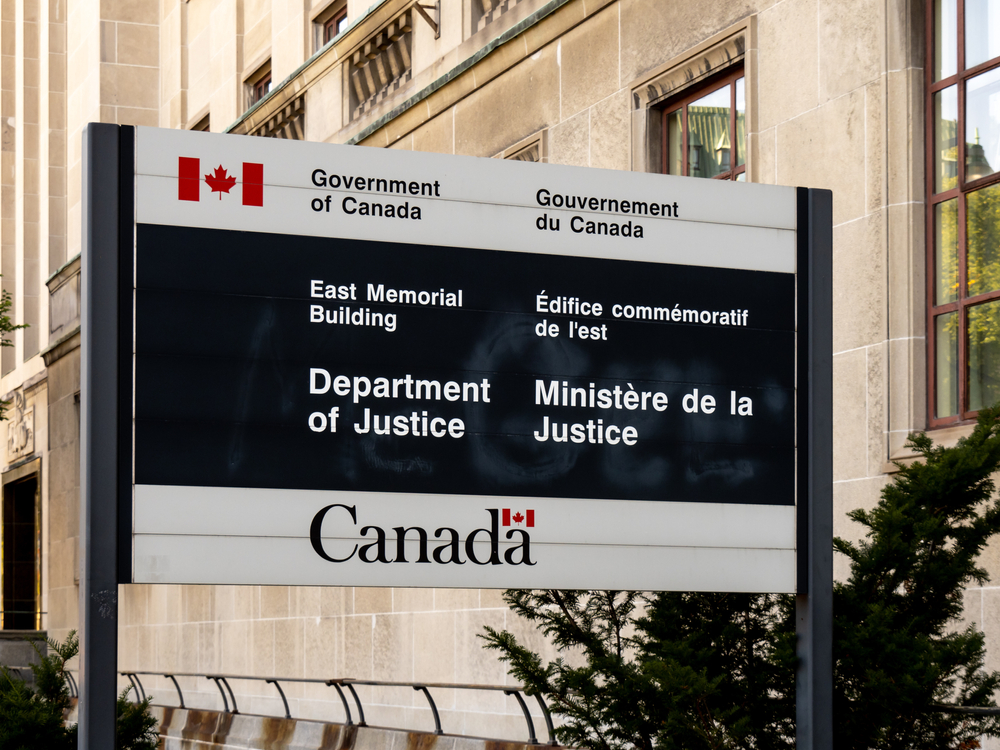
All Canadian federal institutions must provide services and signage in both English and French. The rule works in Canada because bilingualism is constitutionally protected. In the U.S., enforcing this would be nearly impossible since there is no official language, and regions speak dozens of others. A bilingual law would spark political resistance, confusion, and lawsuits over which languages deserve recognition. The cost of reprinting every sign, form, and label would be astronomical. America’s linguistic diversity would make enforcing a two-language system completely impractical nationwide.
Mandatory firearm registration

Canada requires registration, background checks, and limits on certain guns. This is accepted as normal public safety. In the U.S., a similar rule would cause instant uproar due to the Second Amendment. Millions of gun owners would resist, and multiple states would block federal enforcement. America’s gun culture is deeply rooted in personal freedom and distrust of central control. A national registry or confiscation policy would be politically toxic, legally challenged, and likely ignored in several states. What Canadians view as public safety, Americans would see as a direct attack on liberty.
Nationwide carbon tax
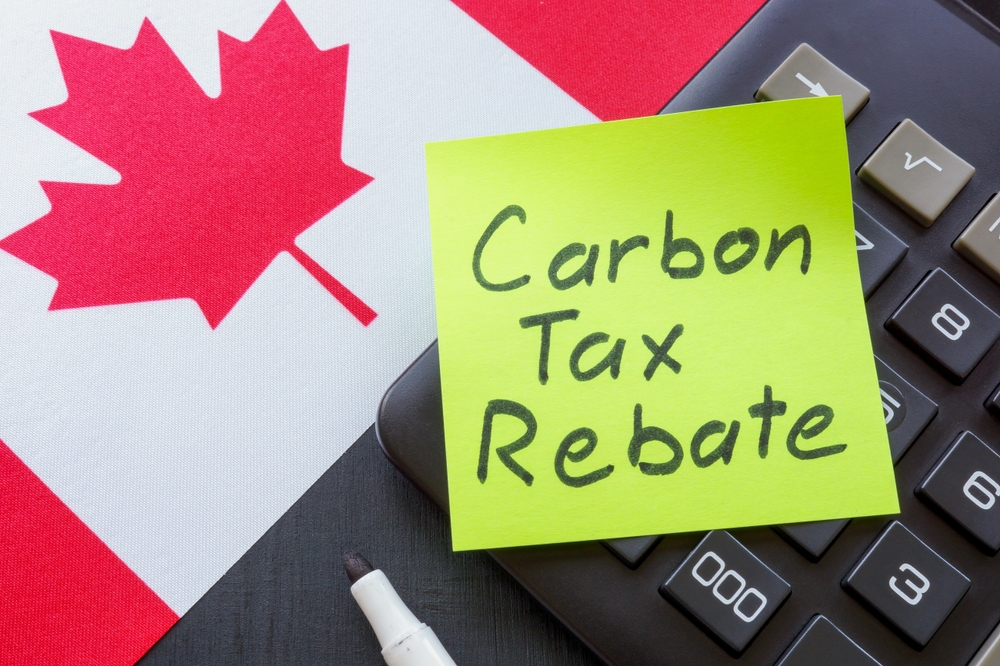
Canada’s federal government sets a carbon price that provinces must follow if they lack their own. It’s seen as a tool to reduce emissions. In the U.S., this rule would fail because energy policy varies across states. Many regions rely heavily on coal and oil, and political opposition to new taxes runs deep. A federal carbon tax would be painted as economic punishment rather than environmental protection. States like Texas and West Virginia would likely sue, and Congress would never agree. Unlike Canada, America lacks political consensus on climate policy.
Universal healthcare

Canada’s publicly funded healthcare ensures all citizens receive coverage through provincial systems. It’s widely supported across the country. The same rule in the U.S. would be nearly impossible. Private insurance companies dominate the market, and healthcare is tied to employment for millions. Introducing a universal public model would require dismantling existing structures and massive tax hikes, sparking political chaos. Americans value choice and competition, while Canadians prioritize access. The administrative and ideological barriers would make universal healthcare unworkable in the U.S., even though many admire the Canadian system.
Mandatory metric system

Canada officially uses the metric system for measurements, distances, and packaging. The system is logical, but Americans are attached to miles, pounds, and gallons. A forced switch would cost billions in signage, manufacturing, and education. Americans have been using the imperial system for centuries, and habits die hard. Industries would protest, states would resist, and public confusion would skyrocket. The U.S. once attempted metric conversion in the 1970s but quickly abandoned it. What Canadians see as standardized and simple, Americans would treat as unnecessary government meddling.
National holiday for Indigenous reconciliation
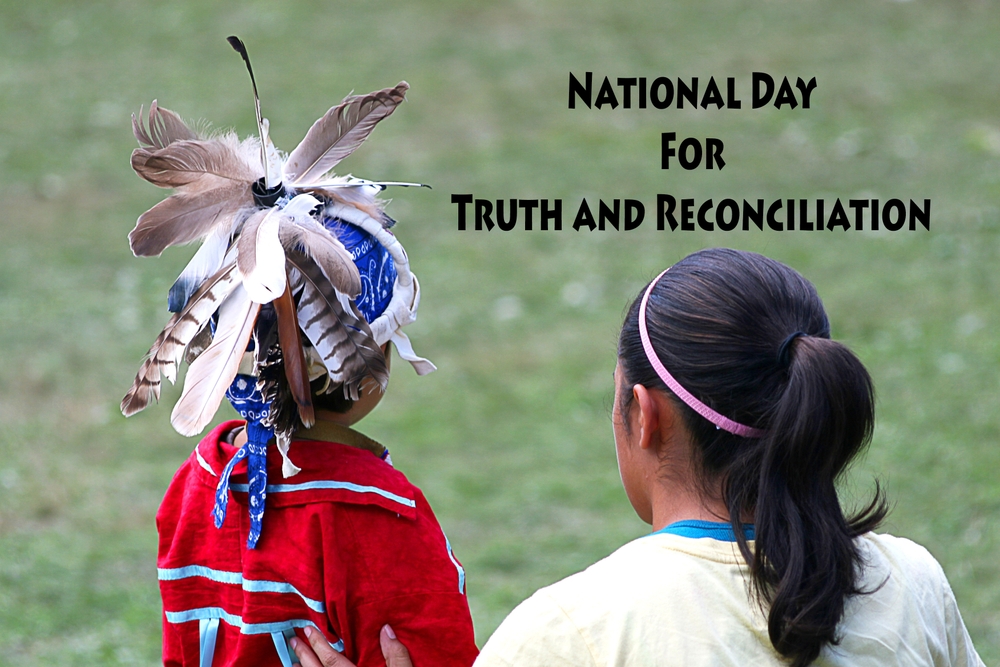
Canada’s National Day for Truth and Reconciliation recognizes the experiences of Indigenous peoples. It is federally mandated, though not all provinces observe it. Creating a similar holiday in the U.S. would face opposition from states and disputes over history. Some would support it, but others would question its cost or purpose. The U.S. political climate around Indigenous issues is fragmented, and public consensus is rare. With different tribal histories and governance systems, uniform observance would be unlikely. Canada’s nationwide approach to reconciliation would fracture in the American system.
Ban on prescription drug advertising.

Canada restricts pharmaceutical companies from advertising prescription drugs directly to consumers. This rule protects public health and prevents misinformation. In the U.S., pharmaceutical ads dominate television and social media, generating billions in revenue. Banning them would face fierce resistance from powerful lobbying groups and media networks that depend on ad revenue. The First Amendment would also protect such commercial speech. While Canada’s policy prioritizes caution, Americans view information access as a right, even when it leads to overmedication or misunderstanding. A ban would never survive politically or legally.
Gender parity on federal boards

Canadian institutions often aim for gender-balanced boards, ensuring women hold at least half of federal appointments. It promotes equality and representation. In the U.S., imposing a legal gender quota would face immediate challenges under the Equal Protection Clause. Americans tend to prefer voluntary diversity initiatives over mandated representation. Many would view such a law as forced social engineering. Without constitutional or political support, enforcing gender parity across federal boards would be nearly impossible in the U.S. Canada’s structured approach would clash with American individualism.
Federally subsidized child care

Canada’s new child care program caps daycare costs through federal-provincial partnerships. Parents benefit from affordable, regulated care. In the U.S., child care is largely privatized and expensive. A national price cap would require enormous funding and coordination across fifty states with different systems. Private operators would resist, and Congress would be deeply divided. Some states might refuse federal involvement entirely. The logistical and financial scale would be overwhelming. What Canadians consider a family-friendly policy would become a partisan battleground in the U.S.
Universal mail-in voting

Canadian voters can easily cast ballots by mail with strong verification systems. It’s efficient and trusted. In the U.S., mail-in voting remains controversial, often tied to claims of fraud despite minimal evidence. States control their election processes, and many resist federal interference. A nationwide mail-in voting rule would spark political outrage and lawsuits about state rights. Election infrastructure differs widely across states, making standardization unrealistic. Where Canada relies on federal oversight, the U.S. system’s fragmentation ensures this rule would fail instantly.
Ban on water bottling from public lands

Canada restricts the commercial bottling of water on certain public lands to conserve natural resources. The policy aligns with environmental protection goals. In the U.S., water rights are heavily tied to private ownership and state law. A federal ban would collide with property rights, state sovereignty, and corporate interests. The bottled water industry is massive, and companies would lobby aggressively against it. Environmental priorities often lose to commercial freedom in the U.S. Such a nationwide restriction would collapse under economic and legal pressure.
Cap on banking fees
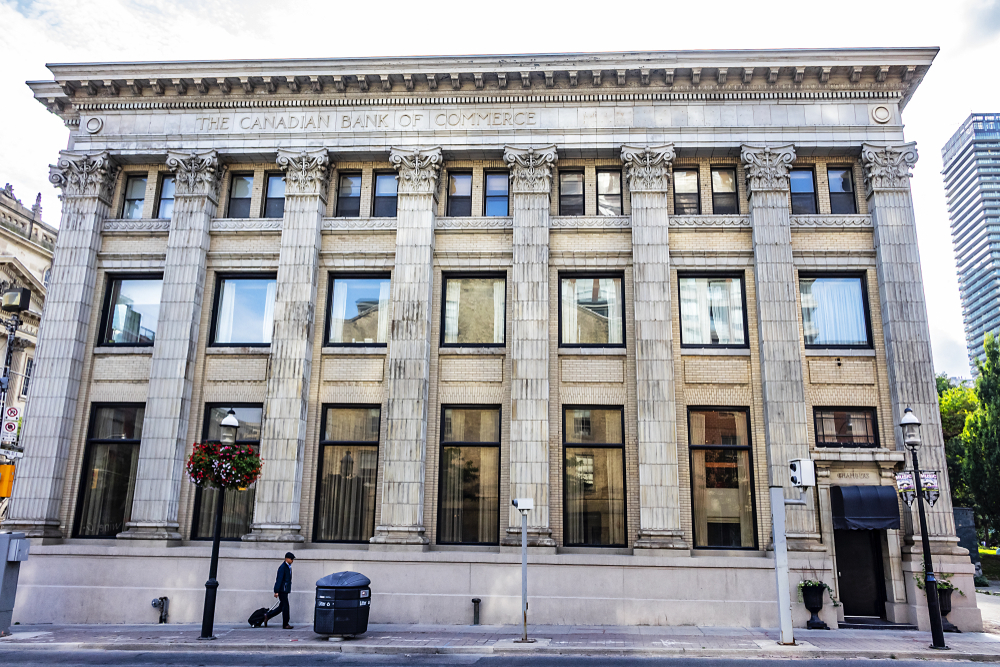
Canadian banks must offer low-fee basic accounts and cap certain charges to ensure accessibility. The rule protects consumers and reduces financial exclusion. In the U.S., banking regulations vary by state, and major banks depend heavily on service fees for profit. A federal cap would meet resistance from financial institutions, lobbyists, and lawmakers wary of regulating private markets. The diversity of state banking laws would complicate enforcement. While Canadians expect fair banking rules, Americans largely accept higher fees as part of free-market competition.
Local content quotas on TV
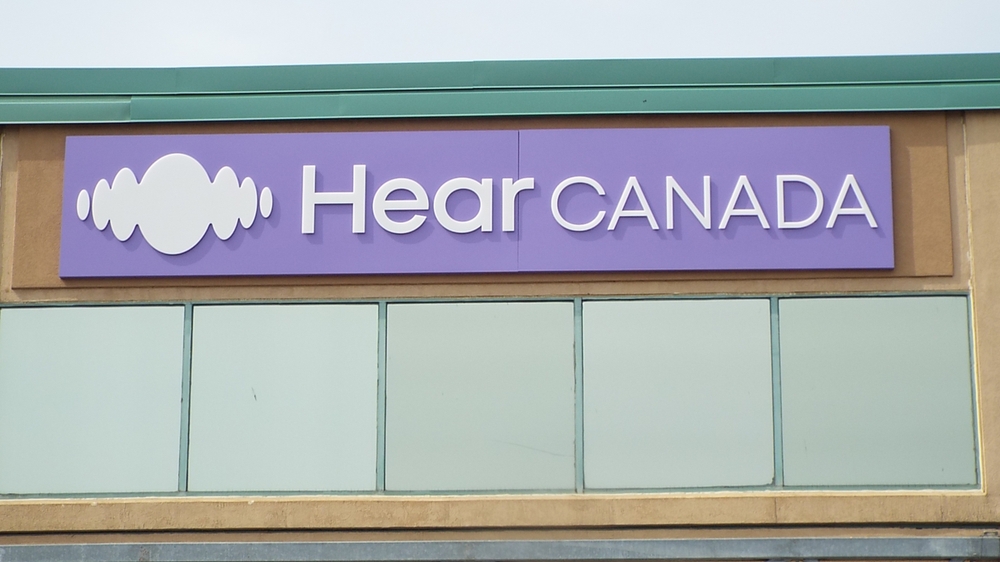
Canadian broadcasters must air a minimum percentage of Canadian-produced programming to support local culture. The rule helps promote domestic media. In the U.S., this would violate free speech protections and provoke industry outrage. American television is commercial and profit-driven, not regulated for cultural preservation. Networks would sue, arguing that the government is interfering in creative content. Canada’s cultural protectionism simply doesn’t fit with America’s entertainment market, which prizes profit and creative freedom over national identity in programming.
Internet price caps

Some Canadian provinces enforce limits on data overcharges and ensure affordable baseline internet service. The rule treats internet access as a public utility. In the U.S., the internet is privately controlled, and companies set their own rates. Federal attempts to regulate pricing would face corporate resistance and political gridlock. The Federal Communications Commission has limited power to enforce affordability. Without centralized authority, uniform internet price caps would be unworkable. Canadians see access as a right; Americans see it as a product.
Single-use plastic ban
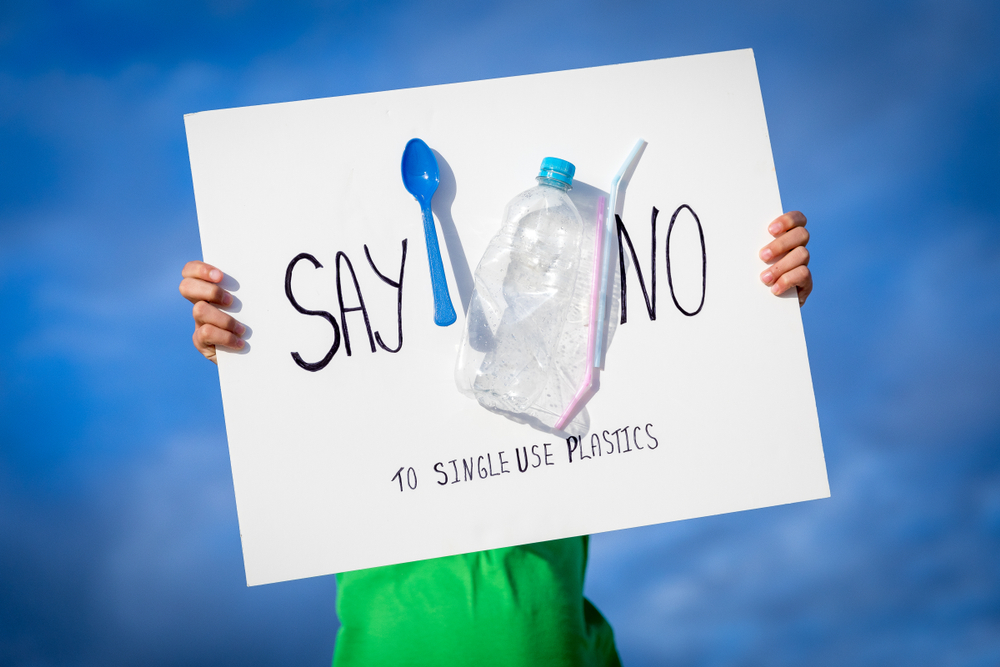
Canada’s federal government is phasing out items like plastic straws, cutlery, and bags. The rule has national backing. In the U.S., environmental laws vary by state, and a uniform federal ban would face lawsuits from plastic manufacturers and states reliant on those industries. Enforcement would differ widely, and political polarization around environmental issues would block progress. Canada’s coordinated approach depends on federal consensus, something the U.S. rarely achieves on climate matters. The policy would never pass nationwide.
Mandatory paid sick leave

Canadian workers are entitled to paid sick days depending on provincial regulations. It’s a standard employment right. In the U.S., sick leave policies depend on either employer practices or state laws. Business groups and states prioritizing deregulation would oppose a federal rule requiring paid sick leave for everyone. Congress has failed to pass similar measures repeatedly. Americans often frame such benefits as optional perks rather than rights. The lack of national labor standards would make this rule nearly impossible to enforce consistently.
Federal legal-aid access

Canada’s government ensures publicly funded legal aid for those who cannot afford representation. It’s a pillar of fairness in the justice system. The U.S. offers legal aid only in limited cases, and funding is inconsistent. A universal federal legal-aid program would require enormous spending and major structural changes in state courts. States value control over their justice systems and would resist federal intrusion. Without a broad consensus or funding, Canada’s accessible legal-aid model would collapse in the U.S. legal framework.
Indigenous language public service messages

Canadian agencies produce public announcements in Indigenous languages as part of reconciliation efforts. This ensures inclusion and respect. The U.S. would struggle to apply this because it recognizes hundreds of Indigenous languages and tribal governments. Coordinating translations and broadcasts nationally would be overwhelming. Budget, logistics, and jurisdictional conflicts would stall the effort. Canada’s smaller population and centralized framework allow this rule to function, but in the U.S., diversity and scale would make it unmanageable.
Nitrogen emission pricing for agriculture

Canada regulates agricultural nitrogen emissions under its climate policies. Farmers must monitor and pay for excess use. In the U.S., agriculture is deeply political and heavily subsidized. Imposing emission fees would anger farm lobbies, threaten food prices, and face state-level rejection. Federal oversight of local farms would be branded as government overreach. Monitoring emissions across millions of acres would also be logistically impossible. Canada’s smaller farming base allows for control, but this rule would be unworkable in America’s vast agriculture sector.
Tax penalties for foreign homebuyers
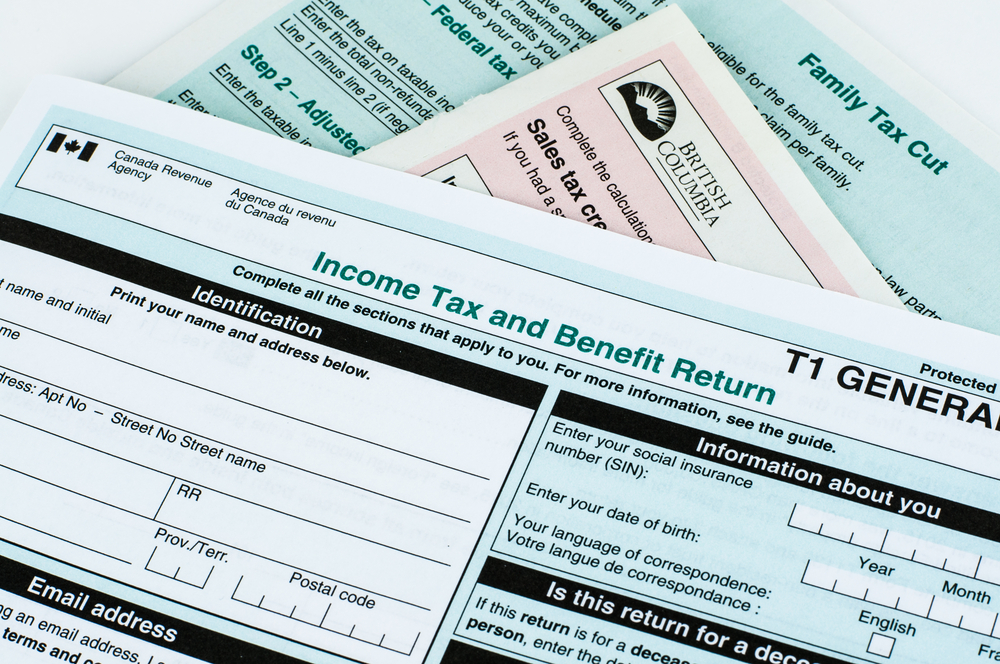
Canadian provinces restrict non-residents from claiming tax rebates on property purchases to protect local housing markets. A similar U.S. rule would conflict with state control of real estate and federal trade agreements. Many states rely on foreign investment for housing demand. Blocking rebates or imposing taxes would trigger lawsuits and investor backlash. Canada’s controlled property policy would clash with the American ideal of open markets. Such a national rule would die quickly in Congress.
Federal oversight of Indigenous land-use decisions
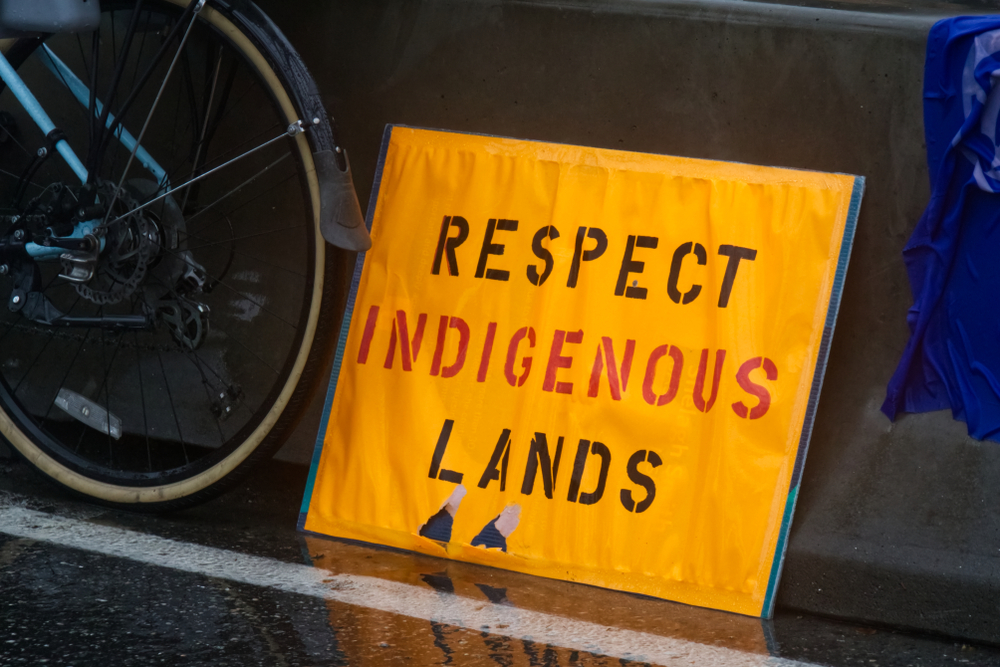
In Canada, some land-use decisions involving Indigenous territories require federal approval to ensure treaty compliance. This process reinforces accountability. In the U.S., tribal nations are sovereign, and land management is shared among tribal, state, and federal governments. Imposing federal sign-off on local land decisions would violate sovereignty and face legal challenges. The American system’s decentralization makes such oversight impossible to enforce without infringing tribal rights. Canada’s structure supports this balance, but the U.S. model cannot.
Media ownership restrictions

Canadian law limits foreign ownership in broadcasting to protect national content. In the U.S., a similar restriction would face immediate resistance. The First Amendment protects freedom of expression and business ownership, and media companies operate globally. Enforcing majority American ownership would be nearly impossible in such a vast private market. Canada’s cultural protection policies would appear unconstitutional in the U.S., where government control of media is widely distrusted.
21 Products Canadians Should Stockpile Before Tariffs Hit

If trade tensions escalate between Canada and the U.S., everyday essentials can suddenly disappear or skyrocket in price. Products like pantry basics and tech must-haves that depend on are deeply tied to cross-border supply chains and are likely to face various kinds of disruptions
21 Products Canadians Should Stockpile Before Tariffs Hit